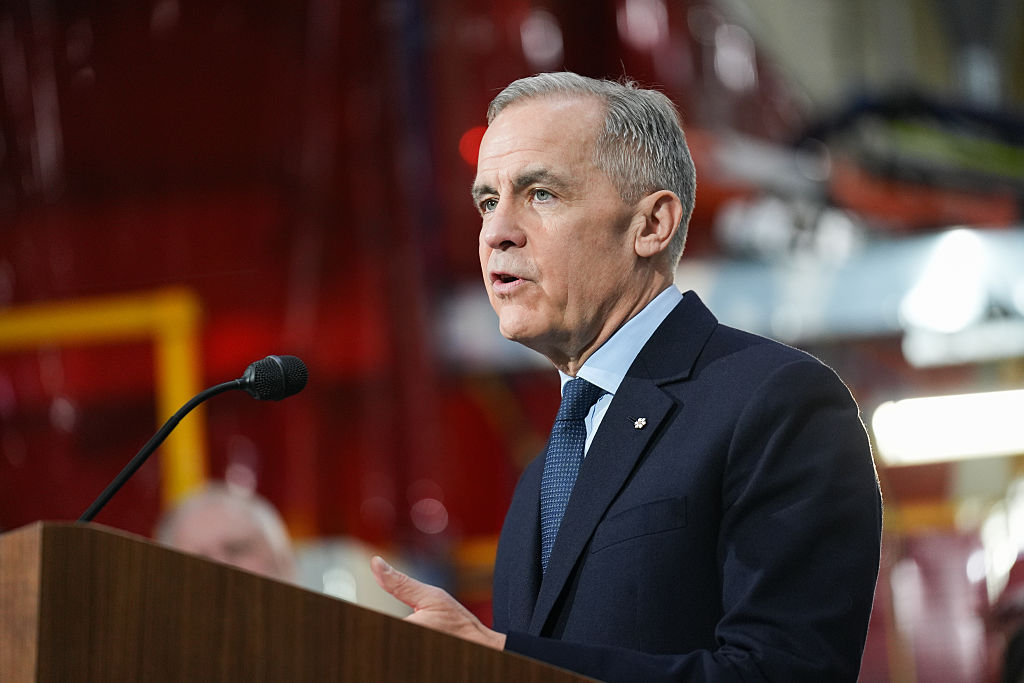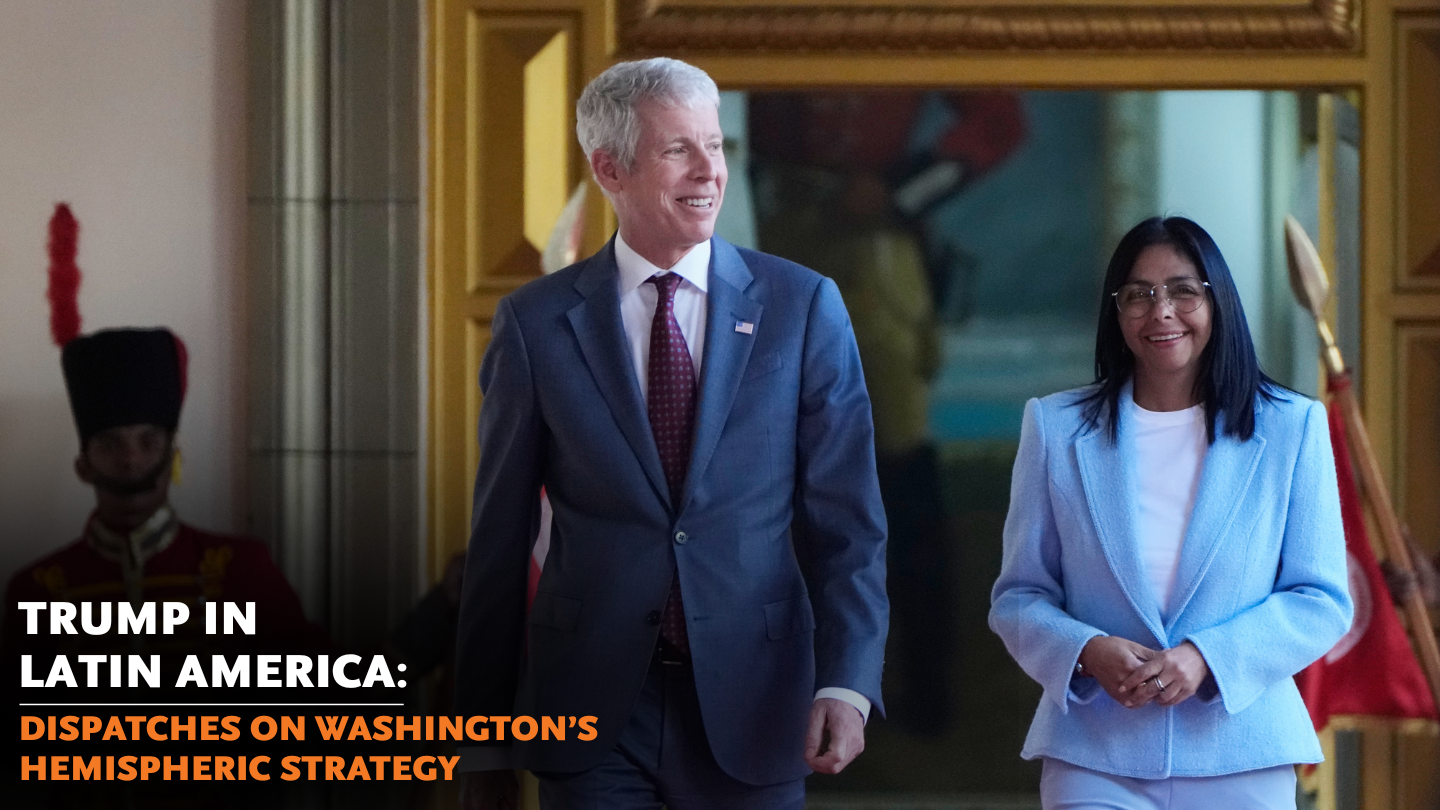Extending Trade Agreement Good for Andean Nations, U.S.
Extending Trade Agreement Good for Andean Nations, U.S.
Ideally, the nations of the Andes would be parties to a single free trade agreement with the United States that would go into effect the day after the trade and drug agreement expires.
Let's say you are a poor campesino living in the rural Andean region of South America. You have a sixth- grade education if you are lucky, no job training even for the limited jobs that exist and no access to capital so you can't start your own small business. To feed yourself and your family, you could seek illegal entry into the United States or enlist in the military or an extra-legal armed group. Or you could join the lucrative illegal drug trade by growing coca, the main ingredient for cocaine.
It was precisely the desire to provide an attractive alternative to illegal activities that led, back in the first Bush administration, to a grand bargain between the United States and the Andean nations where most of the world's cocaine supply originates. In the midst of a national outcry over the crack epidemic then overtaking U.S. cities and fueling violence across the Andean region, leaders of the United States, Bolivia, Colombia, Ecuador and Peru agreed that, in exchange for increased access to the U.S. market for legitimate goods, the Andean nations would aggressively clamp down on the illegal drug trade. Increased access to U.S. markets would help create jobs, expanding legitimate opportunities for Andean workers who might otherwise be tempted by the coca fields or guerrilla activities. The Andean Trade Preferences Act proved so successful that it was extended and expanded in 2000 as the Andean Trade Promotion and Drug Eradication Act.
Since 1991, the agreement has made significant inroads in providing incentives for job creation in alternative export sectors. Colombian exports have increased to more than $3.3 billion. Perhaps the greatest success has been in the creation of a new industry, cut flowers, that generates more than 170,000 direct and indirect jobs, 60 percent held by women. Peru exports more than $1.6 billion under the agreement, and exports to the United States from Ecuador and Bolivia have increased dramatically.
Nonetheless, the agreement will expire in December. The leaders of the four recipient nations have formally requested extension, but prospects are uncertain in the U.S. Congress. Unless a program is put in place to bridge the gap between the expiration and implementation of free trade agreements, real damage could be done to U.S. interests.
It's not a popular argument to make. The Andean Trade Promotion and Drug Eradication Act was intended to be the bridge program, but in some cases agreements have been negotiated but not implemented; in others, governments have taken actions preventing conclusion of free trade agreements. Indeed, actions of the new Bolivian government to nationalize its energy and possibly other sectors, and Ecuador's decisions to disavow certain contractual obligations are, to put it mildly, worrisome and shortsighted.
Yet the United States continues to have significant security and political interests in the Andes. The war on drugs is very much alive and continues to corrupt fragile democracies across the region. Though we don't hear about it much anymore, the Andean region still produces all of the cocaine, 50 percent of the heroin, and significant amounts of marijuana consumed in the United States. Without trade preferences, the cooperation of regional governments in the drug war could well diminish, at just the time when workers who have lost their jobs because of an expiration of the agreement are desperately looking for economic alternatives -- legal if possible, illegal if necessary.
The world is a messy place. Ideally, the nations of the Andes would be parties to a single free trade agreement with the United States that would go into effect the day after the trade and drug agreement expires. But that is not going to occur. Congress should therefore extend the agreement, not because it is good for Andean nations -- though it is -- but because it would be good for us.
Eric Farnsworth, a former White House adviser on Latin America, is vice president of the Council of the Americas in Washington.








